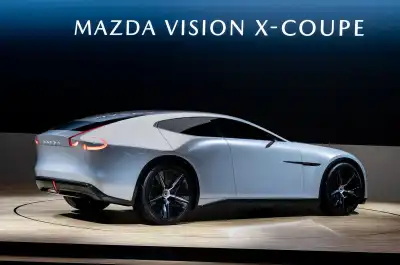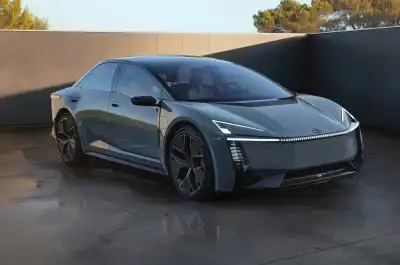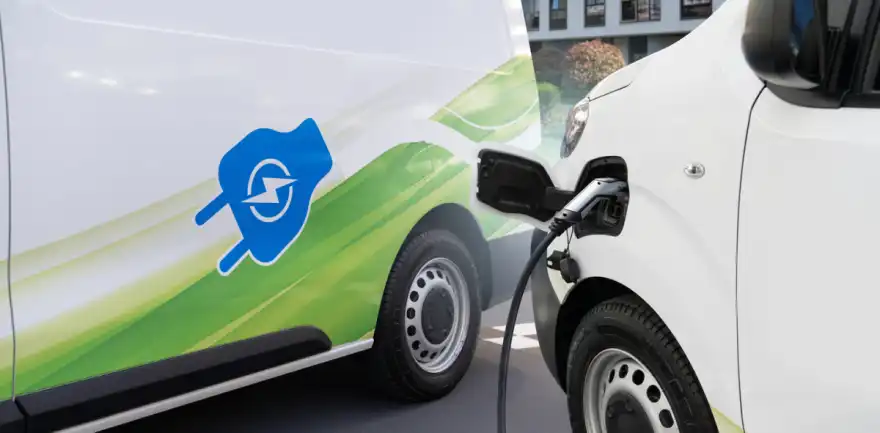
If you're a van owner or you're considering whether a van is cost-effective, there's a question that, a few years ago, wouldn't have even been on your radar.
Will switching to an electric van save you money?
The emergence of electric vehicles in recent years is now making its way into the commercial vehicle market.
This segment of the market has been slower to take off than passenger cars for a few reasons, the main one being that the range of batteries for a large vehicle with a full payload simply isn't going to be enough to make electric vans viable.
That is gradually changing now - so naturally, the above question is increasingly coming into play.
It has also come at a good time, with diesel prices still sky-high.
At the time of writing, average prices are around 160p to 165p a litre - a figure we hadn't ever seen before before Russia invaded Ukraine in early 2022.
The invasion and the subsequent surge in energy prices saw the UK average diesel price briefly climb to almost £2 per litre by the start of summer 2022.
It has fallen back a bit since, but we're still well above the average of around 130p per litre recorded before the Covid pandemic in early 2020.
So, what are the projections for diesel prices in the United Kingdom, and how do they compare with the costs of driving an electric van?
Let's find out.
Diesel prices in the UK
The average price of diesel fuel in the UK has increased noticeably in the past year. Prices peaked at 199p per litre in July 2022, up by around 50% compared with June 2021.
In September 2022, diesel prices stood at around 184p per litre.
On average, Northern Ireland had the lowest diesel prices of UK regions, while it won't surprise you to hear that the South East of England had the highest.
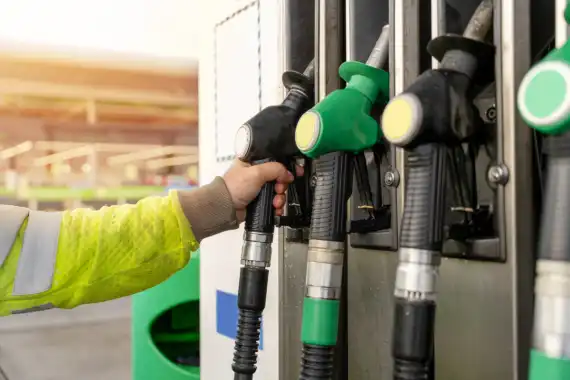
There are several factors for the rise in prices, including the rebound in global oil demand after the pandemic, the production cuts by OPEC and its allies and the weakening of the pound against the dollar. The higher taxes on fuel in the United Kingdom compared with other European countries and, of course, the Russia-Ukraine conflict had an impact, too.
Nevertheless, projections from the US Energy Information Administration predict global oil supplies will increase, and demand will moderate heading into 2024, resulting in a modest fall in prices at UK forecourts.
Of course, this could be derailed if the recent escalation of the Israel-Hamas conflict draws in other countries in the Middle East, as the US may seek to toughen sanctions on exports from Iran should it get involved.
In addition, the security of the Strait of Hormuz in the Gulf is responsible for the transit of around a fifth of the world's oil, so any attempts made by Iran to block it could send prices soaring.
Electric vehicle costs
Electric vehicles (EVs) are becoming increasingly popular and affordable across the British Isles as more models and options are available, and government incentives and infrastructure support their adoption.
EVs have several advantages over diesel vehicles, such as lower running costs, zero tailpipe emissions and reduced maintenance needs.
However, EVs also have some drawbacks, such as higher upfront costs, limited range and charging point availability, and battery degradation over time.
Therefore, it is essential to compare the total ownership and operation costs of EVs and diesel vehicles over their lifetimes.
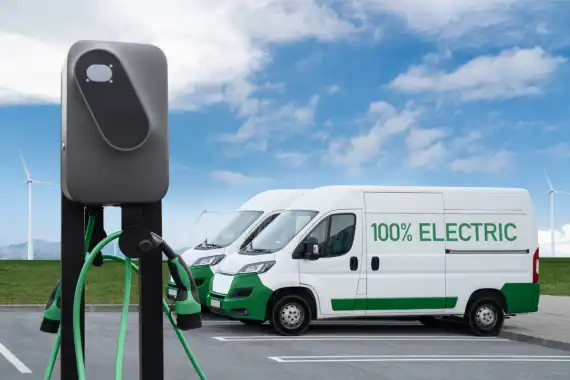
The average EV driving cost is £1,250 a year, compared with £1,850 for a combustion-engined motor – including insurance, MOT, fuel and tax.
However, this doesn’t consider the depreciation of the vehicle value over time, which can vary depending on the model and condition of it.
To compare electric and diesel vans specifically, a van driven for 20 miles a day, paying 30p per kWh for electricity and 165p per litre for diesel, generates the following results.
In terms of pure fuel costs, a Nissan e-NV200 electric van would cost about £600 a year, while a Nissan NV200 diesel van would cost around £1,600 a year.
Driving an electric van would save approximately £1,000 a year on fuel costs. However, a Nissan e-NV200 electric van would cost £28,995 to buy new, while a Nissan NV200 diesel van would cost £18,995.
So, buying an electric van would cost £10,000 more upfront than purchasing a diesel one.
Therefore, it would take about ten years for the fuel savings of driving an electric van to offset the higher purchase price.
Of course, these figures are only estimates based on averages and assumptions.
The actual costs may vary depending on your specific circumstances, such as your driving habits, location and access to charging points, vehicle model and condition, electricity tariff and supplier. Diesel price fluctuations, insurance premiums and tax rates, as well as maintenance needs and costs, resale value and the rate of depreciation will have an influence, too.
In addition, if you're averaging 100 miles a day as a delivery driver – five times longer than in our example – then you'll recoup the additional outlay for an electric van far sooner.
Conclusion
Diesel prices in the UK are uncomfortably high, and even with predicted falls over the coming months, they're still likely to remain higher than we'd want to pay.
Electric vehicles offer lower running costs and have apparent environmental benefits compared with diesel vehicles.
However, electric vehicles also have higher upfront costs and some practical limitations.
Therefore, whether switching to an electric van is worth it depends entirely on your specific situation and personal preferences.
It is important to consider all the factors involved before making a decision.
Nevertheless, if there's one thing we can most certainly say, there is a 'law of increasing returns'.
Put simply, the more miles you do, the more likely it will be worth making the switch.


